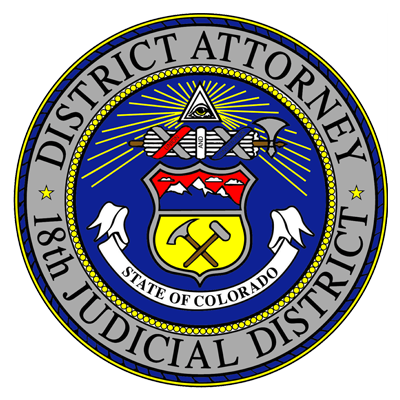Are you looking for information on the legal process for misdemeanor cases?
Are you curious about how misdemeanor cases in this jurisdiction come to resolution?
Do you wonder about what kind of “plea bargains” happen when a misdemeanor case comes to court?
We believe in transparency in the criminal justice system, and that citizens should know what happens when people come to court. So, here you’ll find information on those questions. This is not legal advice, and is provided for the public to provide better understanding of the judicial process. If you are accused of a crime, you are advised to seek your own legal counsel and not rely on anything you see here or elsewhere on the internet.
The General Process For Misdemeanor Cases:
When a person comes to court for a misdemeanor charge or traffic offense, their case will be handled by a county court Judge or Magistrate. The attorney prosecuting the case is called the prosecutor or the district attorney, or sometimes the DA. The DA is represents the prosecution and is not the defendant’s attorney, and the DA cannot give the defendant or any other citizen legal advice.
At the first appearance, the defendant will be given a document advising them of their rights. Depending on the charges, a mandatory protection order (sometimes called a “restraining order” or “no contact order” or “MPO”) will be issued. A defendant will have the option to discuss the case with the assigned DA and also has the option to seek the advice of an attorney. If a defendant is indigent, the court will appoint an attorney to represent the person.
Sometimes defendants will want to speak to the DA in order to convince the DA that the charges are unfounded, or that there are extenuating circumstances, and ask that the case be dismissed. Every defendant in a misdemeanor or traffic case will have this opportunity to speak to the DA, or if they have an attorney, their attorney will have this opportunity to speak to the DA.
Most of the time, however, the defendant or the defendant’s attorney will want to talk to the DA about how to resolve the case without a trial through a plea agreement, sometimes called a “plea bargain” or “disposition.” In fact, almost all misdemeanor and traffic cases are resolved with a plea agreement. A plea agreement means the defendant pleads guilty and the prosecutor agrees to reduce the charge and/or the penalties associated with the charge. This may include reducing fines, costs, or the points against the person’s driver’s license. Occasionally, a plea agreement may result in the dismissal of some or all of the charges. Plea agreements can be often be reached by the defendant speaking to the DA directly when coming to court. If the defendant has an attorney, all communications with the DA will go through the attorney. The DA does not provide any special or beneficial treatment to defendants that have attorneys.
There is no requirement that a defendant or the defendant’s attorney speak to the DA about a plea agreement. Some defendants come to court just wanting a trial, and this is their right. Other times, if the defendant or their attorney cannot reach a plea agreement with the DA, the matter will be set for trial, which can either be a jury trial or a trial to the judge, called a “court trial.”
Most misdemeanor and traffic offenses are resolved on the first or second court date. If a person exercises their right to a court trial or jury trial, the process takes longer.
Depending on the charges, a person charged with a crime may have the right to a jury trial. A misdemeanor or traffic jury trial involves 6 jurors. If a person requests a court trial instead of a jury trial, the judge or magistrate decides the case. Whether a person has a jury trial or a court trial, the prosecutor has the burden to prove the allegations beyond a reasonable doubt.
Does a defendant’s citizenship status make a difference?
Misdemeanor cases involving the victim’s rights act.
Non-Alcohol/Non-Drug Traffic Cases
Underage Alcohol/Marijuana Possession, Curfew, and Underage Tobacco

